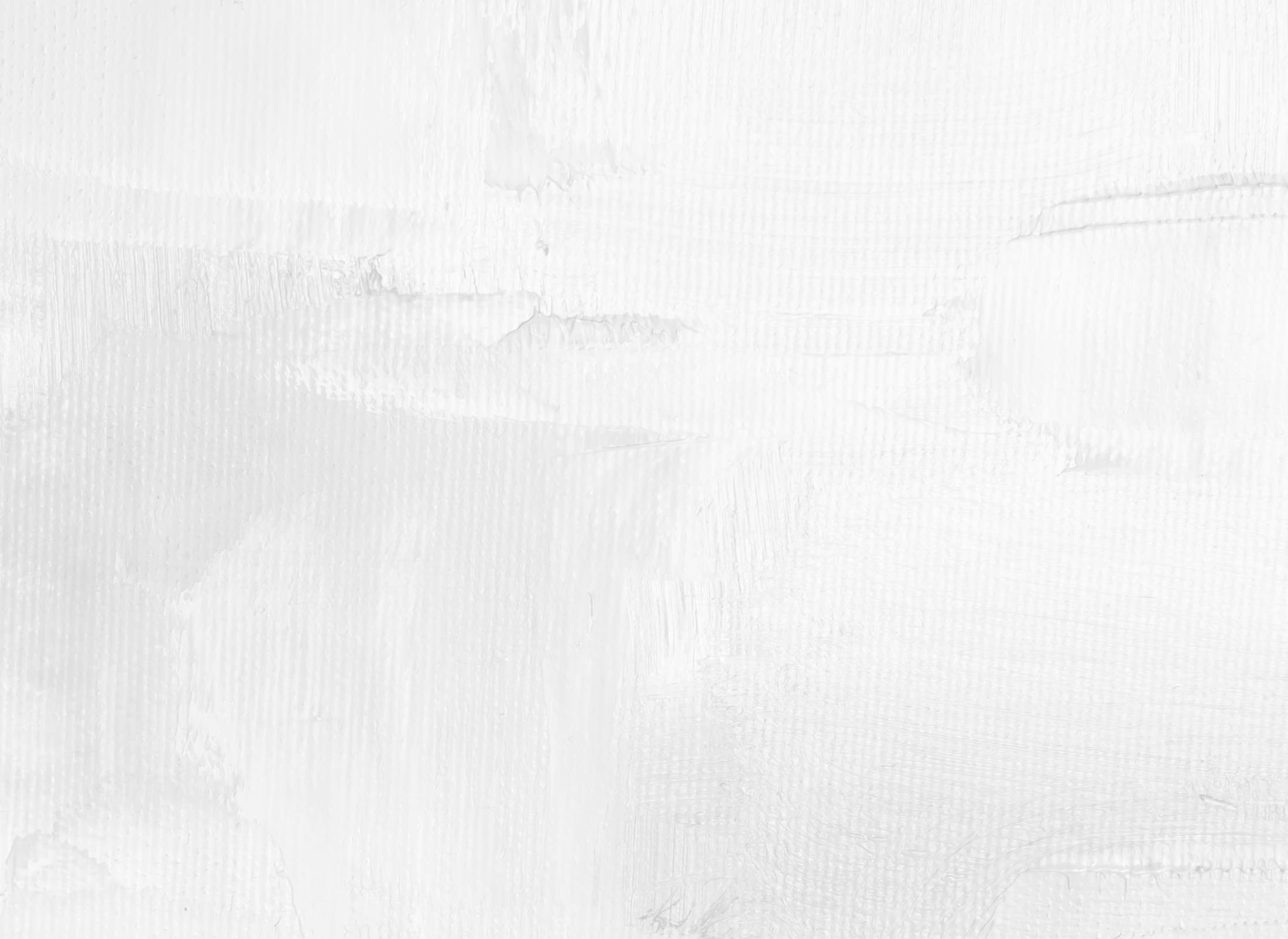Actinic keratoses are sun-damaged skin spots that may look harmless but can progress to skin cancer over time. Early evaluation and treatment reduce that risk and help restore a healthier skin surface.
What Is Actinic Keratosis?
Actinic keratosis (AK) is a rough, scaly skin lesion resulting from cumulative sun damage. It commonly appears on the face, scalp, ears, and hands—areas frequently exposed to ultraviolet radiation. Without treatment, some AKs can develop into squamous cell carcinoma.
We offer several options for actinic keratosis treatment in Lawrenceville, GA, including cryotherapy, topical medications, and photodynamic therapy (PDT). The right choice depends on the number of lesions, skin sensitivity, and long-term risk factors.








